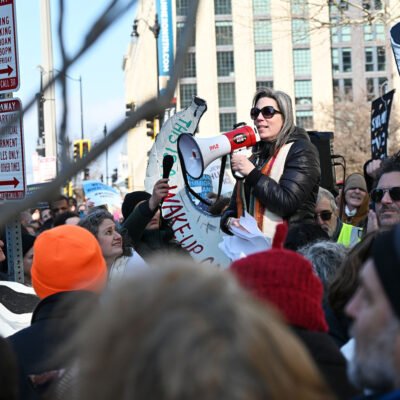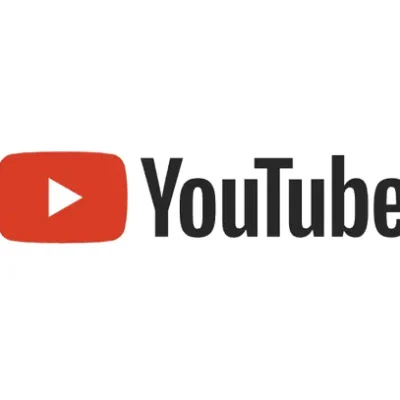Why Saying No is Important
So if it feels so wrong, why say no? Learning to say no is an important skill because everyone is inherently entitled to their own personal boundaries as a human being. Everyone, performer or not, should have the skill of saying no in their toolbox.
But it’s especially important to performers. I’m sure that many can attest to the fact that a lot of dicey situations can come up within the industry—hazardous environments without the appropriate safety precautions, questionable methods of handling intimate scenes, someone being cast in a role intended for a member of a community that they don’t belong to, getting an offer with a pay rate that would make it difficult or impossible to sustain oneself on, or discovering that the project goes against one’s personal beliefs. These are just a few; there are countless other situations that can arise. Alarmingly, inexperienced performers trying to work their way up are especially vulnerable to being harmed. Oftentimes, the people in this position aren’t protected by unions. Even those who are union members aren’t always protected in certain instances.
All of this is further intensified when you consider the issue of actor malleability. What does it mean to truly consent in this sort of environment? There’s a longstanding belief that an actor accepting something is synonymous with their enthusiastic endorsement, and that anything that happens to them in the process after that is fair game. But it’s a lot more complicated than that: maybe an actor is asked to do a more provocative scene than what was agreed to when they signed on, and they go along with it because they’re afraid they’ll be replaced if they refuse. Or maybe a performer is presented with a contract that is intentionally worded in a confusing way, and they don’t have access to the legal guidance necessary for them to truly understand it. The concept of consent can easily be compromised in such a complex and nuanced environment, and that can lead to some dangerous situations. Considering how these power dynamics are often unfairly stacked against performers, it makes learning to challenge them an even more important skill.
A large portion of why these situations arise is due to higher ups not properly valuing the talented, hardworking artists that they sign on for these opportunities. There are many changes that are long overdue when it comes to the unjust power dynamics of the industry, such as implementing intimacy coordinators and more equitable pay rates, to name a few. Many of the shifts toward safer working conditions for performers that are necessary on a systemic level are works in progress that will take time and the cooperation of several different parties.
So as we work toward those changes together on a grander scale, what can we do right now on an individual level to protect ourselves? Because the unfortunate truth of this situation for many is that we don’t know if and when these changes will take place. We should fight for what we feel that the industry should be, while preparing for the reality of what this industry is capable of right now.
Learning to Say No
I believe that an effective way to work toward a safer industry is by consistently practicing personal boundary reinforcement, and normalizing it around others. We must study and practice the artform of looking out for ourselves in the same way that we practice singing, acting, or dancing.
What does that look like, exactly? The answer to that will be different for everyone. For me, a good first step was considering my reasons for accepting or not accepting a gig. Some good reasons to accept a contract are: it will help you financially, it’ll allow you to make strategic connections, or it will be personally fulfilling. I was taught that the rule of thumb is that a gig should ideally do two out of the three.
If I’m still on the fence, I like to use resources around me to find out more about the reality of what a contract entails. Do you have any friends who have booked similar gigs who you can chat with over coffee? If not, the internet can be a fantastic resource for this. Online forums with a bit more privacy are a great place, considering that the anonymity allows performers to be more honest about their experiences without fear of burning bridges.
If, after some research, I decide that something just isn’t for me, I decide to say no. Some strategies that I lean on when saying no include: updating everyone as soon as possible, being clear about my decision without going into too much detail, and ending on a note of gratitude. I’m sure to some this comes across as common sense. But it is important to mention because the way someone says no can drastically affect the aftermath of a situation.
Saying no won’t always go over well. You risk upsetting some people, and sometimes it will feel like a loss. Even in that case, it can be for the best. There’s a belief that saying no in theatre will hurt one’s career, but which will harm your career and passion for the artform more in the long run: pushing yourself through a bad situation and ending up burnt out, jaded, or even traumatized? Or politely turning down a few things?
Even with that rationalization, you still might feel disappointed by the loss of the opportunity after saying no. After I take some time to process the disappointment, I like to put my energy into making new connections. “Everybody knows everybody in this industry”—that phrase is often used in a menacing context, but it can be a huge positive because it can make networking fairly accessible. There are so many opportunities and potential fellow colleagues out there, and we get closer to finding what works after we learn to say no to what isn’t right for us.
The more we normalize autonomy as a foundation to build upon, the more likely we can take steps toward larger, systemic changes within the culture of the industry.
When one is navigating their way through the start of this complicated career path, it’s easy to feel intimidated by the choices that we’re presented with. There’s no way that one article can even begin to touch on all of the individual complexities of this issue. I personally wish that there were more clear cut answers. However, one of the most promising things we can do at this point is to become more comfortable with this conversation, and strengthen our ability to say no. And the more we normalize autonomy as a foundation to build upon, the more likely we can take steps toward larger, systemic changes within the culture of the industry.



